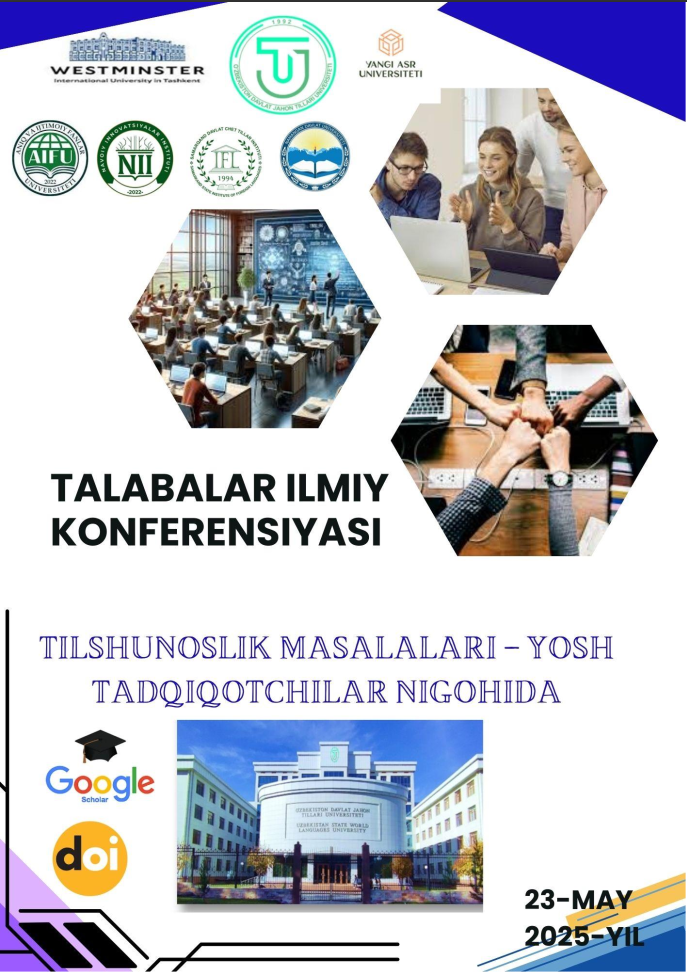THE POWER OF PLAY: HOW INTERACTIVE GAMES ENHANCE STUDENT ENGAGEMENT AND ACADEMIC OUTCOMES
https://doi.org/10.5281/zenodo.15505031
Kalit so‘zlar
interactive learning, student-centered pedagogy, emotional intelligence, game-based teaching, motivation, classroom culture, participatory learning, technology in education, social learning, educational equity.Annotasiya
This article examines the transformative role of interactive games in contemporary education through a humanities lens. It considers the multidimensional impact of play—from its cognitive and emotional effects to its capacity to foster cooperation and critical thinking. Through examples drawn from classroom experience and pedagogical tools like Kahoot! and Quizizz, the article illuminates how interactive games do more than entertain—they build community, boost motivation, and make learning more accessible. It also addresses the ethical use of games and proposes equitable strategies for teachers working with limited resources. Ultimately, the article argues that when integrated thoughtfully, interactive games are not just enhancements, but vital instruments for creating meaningful and humane educational experiences.
Foydalanilgan adabiyotlar ro‘yhati
Bonwell, C. C., & Eison, J. A. (1991). Active Learning: Creating Excitement in the Classroom. ASHE-ERIC Higher Education Report No. 1. George Washington University.
Fredricks, J. A., Blumenfeld, P. C., & Paris, A. H. (2004). School engagement: Potential of the concept, state of the evidence. Review of Educational Research, 74(1), 59–109. https://doi.org/10.3102/00346543074001059
Gardner, H. (1983). Frames of Mind: The Theory of Multiple Intelligences. Basic Books.
Howard-Jones, P. (2011). The impact of digital technologies on human wellbeing: Evidence from the sciences of mind and brain. Nominet Trust Research Report.
Plass, J. L., Homer, B. D., & Kinzer, C. K. (2015). Foundations of game-based learning. Educational Psychologist, 50(4), 258–283. https://doi.org/10.1080/00461520.2015.1122533
Vesselinov, R., & Grego, J. (2012). Duolingo effectiveness study. City University of New York. https://www.duolingo.com/efficacy

